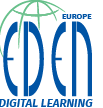
- This event has passed.

EDEN 2024 Research Workshop & PhD Schools’ Masterclass in Timisoara
October 16, 2024 @ 08:00 – October 18, 2024 @ 17:00
Emerging Technologies, Challenges and Opportunities in Education and Research
We are excited to announce that EDEN 2024 Research Workshop & PhD Masterclass will be held in Politehnica University Timisoara, Romania, next 16-18 October 2024.
The main topic of the event is
“Emerging Technologies, Challenges and Opportunities in Education and Research”
which will provide a comprehensive exploration of the latest advancements and challenges in educational technology, with a special focus on the integration of AI in education, European University Alliances and their roles in research and digital education, the burgeoning concept of micro-education and microcredentials, as well as the application of AR/VR technologies in educational settings.
Find below more information about the tracks of EDEN 2024 Research Workshops & PhD Masterclass in Timisoara:
Educational Technologies
This theme will cover a wide range of emerging educational technologies beyond AI, focusing on open educational technologies, interoperability of education systems, as well as open education principles in digital assessment tools, and collaborative online learning environments. Discussions around how these technologies can enhance engagement, accessibility, and effectiveness in education, while also considering issues related to openness, digital divide and technology over-reliance.
AI in Education
On this track we invite papers that focus on how artificial intelligence is revolutionising educational paradigms, the AI’s role in personalising learning experiences, in creating tools for automating administrative tasks, data literacy for AI, but also on it affects educational assessment, challenges such as ethical considerations, data privacy, and the need for balanced human-AI interaction in pedagogy.
AR/VR in Education
We invite papers discussing the use of augmented reality (AR) and virtual reality (VR) in educational settings. Presentations showcase practical applications of AR/VR in creating immersive learning experiences, especially in creative industries to complex scientific simulations, the challenges of ensuring educational quality in these virtual environments.
Micro-Education and Microcredentials
The conference will create discussion on the evolving concept of micro-education, the growing trend of microlearning and microcredentials, emphasising their potential in providing flexible, skill-focused educational opportunities, with the challenges of evaluation and validation, recognition, and integration of these microcredentials into traditional educational frameworks.
Emerging Topics in Education
Other topics highlighting both the transformative potential of emerging technologies and the challenges that need to be addressed in the whole educational landscape, including VET, schools and training with current trends, challenges, and future prospects.
Research & Digital Education in European University Alliances
One of the most important topics for European higher education, we invite papers that look at how European University Alliances are fostering collaboration in research and digital education. The discussions should highlight how these alliances are driving innovation in higher education through joint research projects, shared digital platforms, and cross-border educational initiatives, in promoting internationalisation and inclusivity in education.
Research Workshop Keynotes

Teemu Roos
University of Helsinki,
Finland
Keynote Title:
Technology Education for the Generation AI: From AI Literacy to AI Agency

Carmen Holotescu
“Ioan Slavici” University of Timisoara, Romania
Keynote Title:
The Impact of Open Digital Technologies and Blockchain in the Educational Environment in Romania
PhD Schools Masterclass Keynotes
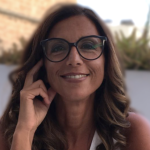
Antonella Poce
University of Roma Tor Vergata, Italy.
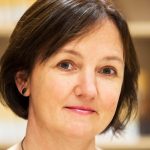
Airina Volungevičiené
Vytautas Magnus University, Lithuania

Albert Sangrà
Universitat Oberta de Catalunya, Spain
Learn More About Our Research Workshop and PhD Schools Masterclass Keynotes

Teemu Roos is a Professor of Computer Science at the University of Helsinki and the Leader of the AI Education program at the Finnish Center for AI (FCAI). Roos is also the lead instructor of the Elements of AI online course that has over 1,2M users and has been rated as the world’s best computer science MOOC. Previously, he has held visiting positions at UC Berkeley, MIT, and Cambridge University. His research interests include statistical machine learning and its applications in astrophysics, neuroscience, and epidemiology.
Title: Technology Education for the Generation AI: From AI Literacy to AI Agency
Abstract: The adoption of AI in all areas challenges societies by weakening the feeling of security, eroding trust, and increasing inequalities. The Generation AI project identifies solutions that facilitate especially children’s resilience in the face of the ongoing technological transition, foster cybersecurity mindsets, and equip schools and teachers with the necessary insights and pedagogies for curricular transformation. In this talk, I will present some educational technologies developed within the project and discuss learnings about their use in the classroom.

Carmen Holotescu is a University Professor and the Rector of “Ioan Slavici” University in Timisoara, and the Director of the Center for Open Education and Blockchain. She holds a Ph.D. focusing on new technologies and open education. Since 2000, she has been involved in 36 national and European projects, possessing extensive experience in designing and implementing learning platforms and programs based on open pedagogies. She has developed research papers, guides, conducted blended courses, and training sessions related to Open Education, Open Educational Resources, Massive Open Online Courses (MOOCs), Blockchain, and Artificial Intelligence. Additionally, she has contributed to developing strategies and policy recommendations in these fields. Carmen has authored over 150 articles and book chapters, cited more than 2,600 times. She is also a certified online instructor with the University of Maryland University College, USA, where she has facilitated online courses for 12 years.
Title: The Impact of Open Digital Technologies and Blockchain in the Educational Environment in Romania
Abstract: Prof. Carmen Holotescu will speak about the impact and development of the digital technologies for education in Romania, with accent on the open education principles, and how these were developed in the last 20 years. As in the last years her interest resides with blockchain development for education, she will focus also on how the new Technology can change the education systems and will share the experiences from the EBSI projects.

Antonella Poce currently holds the role of full professor in Experimental Pedagogy at the Department of Education and Humanities of the University Roma Tor Vergata, where she is the head of the INTELLECT Research Center (Center for Museum Heritage Education, Well-being and Technology in Education). She is the Head of the joint degree one-year post graduate courses “Museum Education. General Aspects”, “Heritage Education and Digital Technologies”, and of the joint degree two-years post graduate course “Advanced Studies in Museum Education”. She is author of different publications of national and international relevance on the topics of innovation, assessment and use of technology in teaching and learning, in the context of heritage experience. She took part in different national and European research projects on digital learning, soft skills development, critical thinking promotion and evaluation, use of heritage for fostering social inclusion. She has been a member of EDEN since 2009. In 2016 she was awarded the title of EDEN Fellow and in 2020 the title of EDEN Senior Fellow. From 2017 to 2020 she has been President of EDEN – NAP Network of Academics and Professionals.

Airina Volungevičiené has been working among leading researchers, methodology specialists and policy makers in the area of distance learning development in Lithuania since 1998. Having graduated her first master degree at Vytautas Magnus University (Lithuania), she spent 11 years working at Kaunas University of Technology as distance learning methodology specialists and researcher. She coordinated numerous international projects in the area of distance education, worked on national study and strategy for distance learning network development in Lithuania, promoted methodological activities in Lithuanian Distance and eLearning (LieDM) network.

Albert Sangrà is the Director for the UNESCO Chair in Education and Technology for Social Change. Professor and researcher at the Open University of Catalonia, Department of Psychology and Education. Member of the founder team of this university (1994-95), where I served as Director, Methodology and Educational Innovation until 2004, being in charge of the educational model of the university; Director of the M.Sc. program in Education and ICT (e-learning) (2006-2012), and Director of the eLearn Center (2012-2014). I have worked as a consultant and trainer in several online and blended learning projects in Europe, America, Asia, and Australia, focusing on implementation strategies for the use of technology in teaching and learning and its quality. Former Vice-president, European Foundation of Quality on E-Learning (EFQUEL), and member of the Executive Committee of EDEN (2003-2009). Recipient of the 2015 Award for Excellence in eLearning awarded by the World Education Congress. He is Researcher at the Edul@b research group, and Research Associate at Contact North, Canada. He is the Current Director of the Industrial Doctorates Programme, Government of Catalonia.
Call For Papers
EDEN 2024 Research Workshop & PhD Schools’ Masterclass in Timisoara will be held next 16-18 October 2024 in Timisoara, Romania. The main topic of the event is “Emerging Technologies, Challenges and Opportunities in Education and Research“. Find more information about Submission Types and Guidelines below and submit your contribution:
Submission Types and Guidelines
Authors are invited to submit high-quality manuscripts reporting original unpublished research and recent developments. Submissions should align to the Research workshop theme and in the topics related to the scope of the Research workshop (see below). All paper types will be double blind peer reviewed by members of the Scientific Committee. All full papers will be blind reviewed by three reviewers. Find all the submission types and guidelines below.
There are four different paper submission categories:
Full paper – A Full Paper allows you to present a slightly longer account of your work. This presentation format is better suited to sharing the findings of case studies, research projects or more mature innovations related to the Research workshop theme/topics which allow you to provide a richer analysis, description and interpretation of the work. Importantly, a Full Paper should identify the main implications or discussion points which will be of wider interest to Research workshop participants. The paper length is 2500 to 3500 words, including tables, figures and references. As the papers will be double blind peer reviewed, the authors should leave their names and affiliations blank in the submission, and take care to avoid details in the article that could be used to identify the authors. These include institution information, specific funding information and clear self-citations. If your Full Paper is accepted, the presentation time is a maximum of 15 minutes and 5 minutes for questions (i.e., 20 minutes in total). The Accepted Full papers will be published in EDEN 2024 Research Workshop Proceedings, published in the Ubiquity Proceedings Journal – open access – and accessible on EDEN Website and indexed in CrossRef, Open Aire, ChronosHub, J-Gate, JISC KB+, CNKI, SHERPA RoMEO, Directory of Open Access Journals (DOAJ), and Google Scholar. In addition, all journals are available for harvesting via OAI-PMH. Selected top-quality papers, improved and extended, will be published post-conference in the Springer Communications in Computer and Information Science (CCIS) series (https://www.springer.com/series/7899) and presented as EDEN (https://link.springer.com/conference/eden). All these papers will be published under Open Access policy of Springer Nature and EDEN (the proceedings will be available electronically in PDF, EPUB and HTML formats through the digital library SpringerLink) https://link.springer.com/. CCIS is abstracted/indexed in DBLP, Google Scholar, EI-Compendex, Mathematical Reviews, SCImago, Scopus. CCIS volumes are also submitted for the inclusion in ISI Proceedings. Authors will also have the possibility to extend their work and publish it in the EURODL online journal.
Full paper publication with Springer Nature Communications in Computer and Information Science (CCIS) series – Accepted full papers will be published, post-conference issue dedicated to EDEN 2024 Research Workshop, published under Springer Nature Communications in Computer and Information Science (CCIS) series https://www.springer.com/series/7899 and presented as EDEN https://link.springer.com/conference/eden All these papers will be published under Open Access policy of Springer Nature and EDEN (the proceedings will be available electronically in PDF, EPUB and HTML formats through the digital library SpringerLink) https://link.springer.com/ . CCIS is abstracted/indexed in DBLP, Google Scholar, EI-Compendex, Mathematical Reviews, SCImago, Scopus. CCIS volumes are also submitted for the inclusion in ISI Proceedings.
As the papers will be blind peer reviewed by three reviewers, the authors should leave their names and affiliations blank in the submission, and take care to avoid details in the article that could be used to identify the authors. These include institution information, specific funding information and clear self-citations.
The formatting of this full papers submissions should follow the guidelines and templates provided by Springer (MS Word or Latex) https://www.springer.com/gp/computer-science/lncs/conference-proceedings-guidelines (direct link for downloading the MS template is here).
This paper submission length is 10-14 pages, on Springer format, including tables, figures and references, following these guidelines.
Decisions on acceptance will be based on originality, innovation and scholarly quality of contribution, on the proposal’s relevance to the conference themes (see below). The papers that will not be selected for inclusion in Springer volume, but accepted for presentation at the EDEN RW 2024 will be published EDEN 2024 Research Workshop Proceedings – open access – on EDEN Website.
Download Full Paper with Springer
Concise paper – A Concise Paper allows you to present a shorter summary of your work. This presentation format is ideally suited to small projects, new and emerging areas and works in progress. The format allows you to showcase and/or offer a brief snapshot of your work, with a specific focus on the main findings or discussion points that should be of wider interest to Research workshop participants. The length of a Concise Paper abstract should be 200-500 words. If your Concise Paper is accepted, the presentation time is 10 minutes with 5 minutes for questions (i.e., 15 minutes in total). The Accepted Concise papers will be published in EDEN 2024 Research Workshop Proceedings – open access – on EDEN Website.
Download Concise Paper Template
Poster – A Poster allows you to present your work on a poster board which will be on display throughout the Research workshop . This format is ideal for showcasing and/or offering a brief snapshot of your work in order to generate more interest and follow up conversations with Research workshop participants. The author(s) need to bring the printed poster to the Research workshop and attach it on the poster board when they arrive at the Research workshop venue. There will not be a dedicated poster session in the Research workshop programme, but we encourage presenters to be available to discuss their work during the refreshment breaks. Poster submissions are between 250 and 500 words, including references. Authors of posters accepted for presentation will be required to prepare a maximum A0 (1189mm x 841mm) size poster for display. More details concerning poster requirements will be provided upon acceptance.
Download Poster Submission Template
Guidelines for posters:
The author(s) need to bring the printed poster to the Research workshop and attach it to the poster board when they arrive at the Research workshop venue. There will not be a dedicated poster session in the Research workshop programme, but we encourage presenters to be available to discuss their work during the refreshment breaks. Authors of posters accepted for presentation will be required to prepare a maximum A0 (1189mm x 841mm) size poster for display. The Poster Full papers will be published in EDEN 2024 Research Workshop Proceedings – open access – on EDEN Website.
Note: Posters’ authors are not required to make poster presentations
Action Lab – upon invitation only. Action Labs give participants the opportunity to debate, discuss and engage in lively professional dialogue on high profile topics or issues relevant to the Research workshop theme. Each Action lab will be structured around a handful of big questions for participants to debate.
General Instructions
As all submission types will be subject to a peer review process. Full Papers will be double blind peer reviewed by members of the Scientific Committee consisting of international experts working in the field. Other paper types will be peer reviewed by the Research workshop co-Chairs and members of the Programme Committee. Authors should leave their names and affiliations blank when uploading submission documents, and take care to avoid details that could be used to identify contributing authors. These include institution information, specific funding information and clear self-citations. Authors of selected top quality Full Papers will be invited to submit an extended manuscript for publication as a scientific journal paper in EURODL.
All Papers will be published in EDEN’s conference proceedings (ISSN: 2707-2819). Full papers will be published as Ubiquity press proceedings special issue with unique DOIs. The formatting of all types of submissions should follow the guidelines and templates provided. References should follow the APA (7th) style. Please note that authors are limited to one Full Paper in which they are the first author. There is no restriction on the number of submissions by multiple authors.
Selected full papers will be published open access in a post-conference issue dedicated to EDEN 2024 Research Workshop, published under Springer Nature Communications in Computer and Information Science (CCIS) series https://www.springer.com/series/7899 and presented as EDEN https://link.springer.com/conference/eden.
Acceptance Criteria
Decisions on acceptance will be based on the following criteria:
- Originality
- Innovation
- Quality of scholarship
- Contribution to new knowledge
- Alignment to the research workshop theme
Contributions outside of the main Research workshop themes will be considered if they bring new knowledge and benefit to delegates. The Research workshop co-Chairs and the Scientific Committee will make the final decision as to the accepted submission format in order to ensure quality and the coherence of the Research workshop theme. Note that some Full Paper submissions may be accepted following revisions as Concise Papers after the review process. All Full Papers will be considered for the prestigious EDEN Best Research Paper Award, which will be presented at the Gala Dinner.
EDEN Best Research Paper Award in cooperation with The UNESCO Chair in Education and Technology for Social Change
EDEN Best Research Paper Award competition is based on evaluation results on submission of Full Papers presented to the Research workshop that follow five standard evaluation criteria:
- The paper deals with a research question.
- Rigorous examination/research methods are applied.
- Findings, results and outcomes are convincingly presented and critically examined.
- Conclusions are thoroughly discussed (including applicability, transferability, and further research.
- Literature is reviewed against state of the art.
The composition of the honourable jury for the EDEN Best Research Paper Award is composed in cooperation with The UNESCO Chair in Education and Technology for Social Change.
The decision on the winner of the EDEN Best Research Paper Award will be announced on October 17th at the EDEN Research Workshop Gala Dinner in Timisoara, Romania.
Committee
Josep M. Duart, EDEN DLE President, Spain
Diana Andone, Politehnica University Timisoara, Romania
Vlad Mihăescu, Politehnica University Timisoara, Romania
Denise Whitelock, EDEN DLE Vice-President for Research, UK
Sandra Kučina Softić, EDEN DLE Vice-President of Open Professional Collaboration, Croatia
Mark Brown, EDEN DLE Vice-President of Strategy and Communication, Ireland
Airina Volungevičienė, Lithuania
Alfredo Soeiro, Portugal
Mart Laanpere, Estonia
Antonella Poce, Italy
Wim E.A. Van Petegem, Belgium
Elena Trepule, Lithuania
Jury
The composition of the honourable jury for the EDEN Best Research Paper Award is composed in cooperation with The UNESCO Chair in Education and Technology for Social Change:
Christian-Andreas Schumann, WHZ Westsächsische Hochschule Zwickau, Germany (CHAIR)
Elsebeth Korsgaard Sorensen, Aalborg University, Denmark
Vlad Mihaescu, Politehnica University Timisoara, Romania
Key dates
| Call for papers | March 18, 2024 |
| Registration opens | June 1, 2024 |
| Paper submission opens | May 1, 2024 |
| Deadline for paper submissions | August 19, 2024 |
| Paper submissions extension (if needed) | September 9, 2024 |
| Paper submissions second and final extension | September 23, 2024 |
| Notification of paper admission | September 10 (&24), 2024 |
| Early bird registration deadline | September 14, 2024 |
| Authors’ registration and payment deadline (at least 1 author of the paper) | September 30, 2024 |
| Delegates’ registration closes by Invoice payment (stays open by card) | October 1, 2024 |
| Publishing of the Program | October 4, 2024 |
| Final Camera-Ready Manuscript for Full papers | September 30, 2024 |
| Delegates’ Registration closes by card payment as well | October 11, 2024 |
| Masterclass | October 16, 2024 |
| Gala dinner | October 17, 2024 |
| Research Workshop dates | October 17-18, 2024 |
| Proceedings | December 2024 – January 2025 |
Key Dates
Find below Key Dates for EDEN 2024 Research Workshop & PhD Masterclass in Timisoara, Romania:
Registration opens: 10 June 2024
Early Bird Registration Deadline: 11 September 2024
| Call for papers | March 18, 2024 |
| Registration opens | June 10, 2024 |
| Paper submission opens | May 1, 2024 |
| Deadline for paper submissions | August 19, 2024 |
| Deadline for papers submissions extension | September 9, 2024 |
| Deadline for papers submissions second and final extension | September 23, 2024 |
| Notification of paper admission | September 10 (&24), 2024 |
| Early bird registration deadline | September 14, 2024 |
| Authors’ registration and payment deadline (at least 1 author of the paper) | September 30, 2024 |
| Delegates’ registration closes by Invoice payment (stays open by card) | October 1, 2024 |
| Publishing of the Program | October 4, 2024 |
| Final Camera-Ready Manuscript for Full papers | September 30, 2024 |
| Delegates’ Registration closes by card payment as well | October 11, 2024 |
| Masterclass | October 16, 2024 |
| Gala dinner | October 17, 2024 |
| Research Workshop dates | October 17-18, 2024 |
| Proceedings | December 2024 – January 2025 |
Wednesday 16 October, 2024
18:00 Welcome Reception at Casa Politehnicii 2 Restaurant by Digital Education and Distance Education Department (UPT) celebrating 25 years of establishment
Thursday 17 October, 2024
9:00 – 10:00 Registration
-Politehnica University Timisoara Conference Centre, Bulevardul Vasile Pârvan 2B, Timișoara 300223, Romania.
10:00 – 11:50 Plenary. Welcome and Opening Session
– Teemu Roos, University of Helsinki, Finland: “Technology Education for the Generation AI: From AI Literacy to AI Agency“.
– Chair: Wim Van Petegem, EDEN DLE President.
12:00 – 13:00 Parallel Sessions
Download the Research Workshop application and find the presentations of the parallel sessions!
Scan here: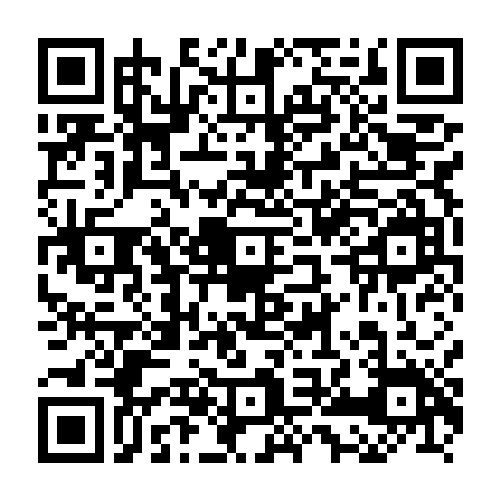
13:00 – 14:00 Lunch Break
14:00 – 15:30 Plenary: Panel discussion “Emerging Best Practices in Research Methods”
Chair and Moderator – prof. dr. eng. Radu Vasiu, director of the Digital Transformation Institute, Politehnica University Timisoara.
Panellists:
– Prof. Wim Van Petegem, KU Leuven, Belgium
– Prof. Antonella Poce, University of Roma Tor Vergata, Italy
– Prof. Albert Sangra Morer, Open University of Catalonia, Spain
– Dr. Diana Andone, Politehnica University of Timisoara, Romania
– Assoc. Prof. Silviu Vert, Politehnica University of Timisoara, Romania
15:30 – 16:00 Coffee Break / Poster session
16:00 – 17:00 Parallel Sessions
Download the Research Workshop application and find the presentations of the parallel sessions!
Scan here:
17:30 – 22:00 EDEN Dinner at Recas Winery – Best Research Paper Award in cooperation with The UNESCO Chair in Education and Technology for Social Change
17:30 meeting near the UPT Conference Centre as the buses will take participants to the Recas Winery (about 30 km). Please do not be late!
Friday 18 October, 2024
9:30 – 10:45 Plenary / Keynote Session
– Carmen Holotescu, “Ioan Slavici” University of Timisoara, Romania: “The Impact of Open Digital Technologies and Blockchain in the Educational Environment in Romania“.
11:00 – 12:30 Parallel Sessions
Download the Research Workshop application and find the presentations of the parallel sessions!
Scan here:
12:30 – 13:30 Lunch Break
13:30 – 14:30 Parallel Sessions
14:30 – 15:00 Closing Session
For the full experience, download the mobile app ExOrdo to your mobile device to easily navigate, personalize the program, and network with other participants!
Scan here:

Committees
Research Workshop Committee
Josep M. Duart, EDEN DLE President, Spain
Diana Andone, Politehnica University Timisoara, Romania
Vlad Mihăescu, Politehnica University Timisoara, Romania
Denise Whitelock, EDEN DLE Vice-President for Research, UK
Sandra Kučina Softić, EDEN DLE Vice-President of Open Professional Collaboration, Croatia
Mark Brown, EDEN DLE Vice-President of Strategy and Communication, Ireland
Airina Volungevičienė, Lithuania
Alfredo Soeiro, Portugal
Mart Laanpere, Estonia
Antonella Poce, Italy
Wim E.A. Van Petegem, Belgium
Elena Trepule, Lithuania
PhD Masterclass Scientific Committee
Professor Josep M. Duart, Universitat Oberta de Catalunya, Spain
Professor Airina Volungevičiené, Vytautas Magnus University, Lithuania
Professor Denise Whitelock, The Open University, UK
Registration
Find below the Registration Fees for EDEN 2024 Research Workshop & PhD Schools’ Masterclass in Timisoara, Romania.
Key Dates:
Registration opens: 10 June 2024
Early Bird Registration Deadline: 14 September, 2024
| Early Bird Non Member | € 460 |
| Late Non Member | € 510 |
| Early Bird Member | € 410 |
| Late Member | € 460 |
| Early Bird PhD supervisors -Masterclass+Research Workshop* | € 380 |
| Late PhD supervisors -Masterclass+Research Workshop* | € 410 |
| Early bird PhD students Masterclass+Research Workshop* | € 330 |
| Late PhD students Masterclass+Research Workshop* | € 350 |
| Romanian participant Early Bird only Research Workshop | € 300 |
| Participation only in Masterclass – PhD Students | € 60 |
| Participation only in Masterclass – PhD supervisors | € 120 |
*Special price for PhD schools participating in Masterclass and Research Workshop
All registrations are inclusive of Gala Dinner except for participation in only Masterclass event.
Event Cancellation Policy
Refund and cancellation requests must be received in writing before October 1st, 2024. There is a non-refundable 30 Eur service charge for registration refunds which includes payment processing costs and registration administration costs.
Cancellations 14 days and less prior to the start of the event will not be refunded.
The Organizer will always have the right to cancel/postpone the event or change the venue. In this case, delegates can claim a refund of 100% of the registration fee previously paid to the Organizer, but never the costs of accommodation or travel.
Event organisers cannot accept refund requests from the event delegates/attendees from cancelled flights and/or natural disasters/calamities. The organizers will not accept any liability for personal injuries or for loss or damage to property belonging to the delegates/attendees, either during or after the event.
We are excited to announce that EDEN 2024 Research Workshop & PhD Schools’ Masterclass in Timisoara will be held in Politehnica University Timisoara, Romania, next 16-18 October 2024.
Venue
Politehnica University of Timisoara – http://www.upt.ro/
The “Politehnica” University of Timisoara, Romania is one of the largest and best-known technical universities in Central and Eastern Europe. For more then 80 years it has been an outstanding, modern university with a well-deserved reputation for excellence. This excellence is demonstrated by our academic programmes, the research on which our programmes are based, the support we give to our students, the employability and employment record of our students and the physical environment of the University.
The academic programmes delivered by the University are modern, relevant, intellectually stimulating and represent the highest quality in their respective disciplines.
About 3,000 new students enter the University each year. In total around 15,000 students attend more than 85 full-time academic programmes, organised through 10 faculties in a stimulating learning enviroment.
The University has always valued the role of industry and commerce in preparing students for the workplace and has many links with industry which influence the curriculum. A great many of our graduates work successfully in famous international companies all over the world.
Main location: The UPT Conference Center
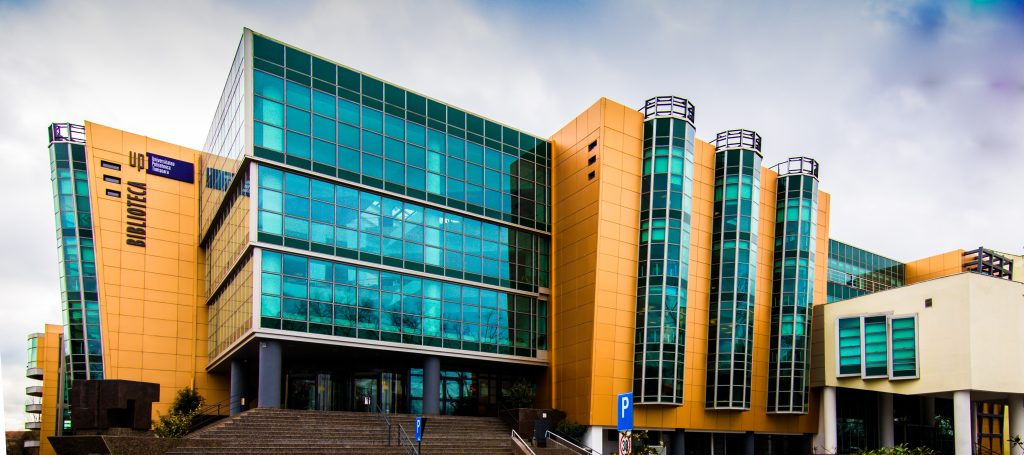
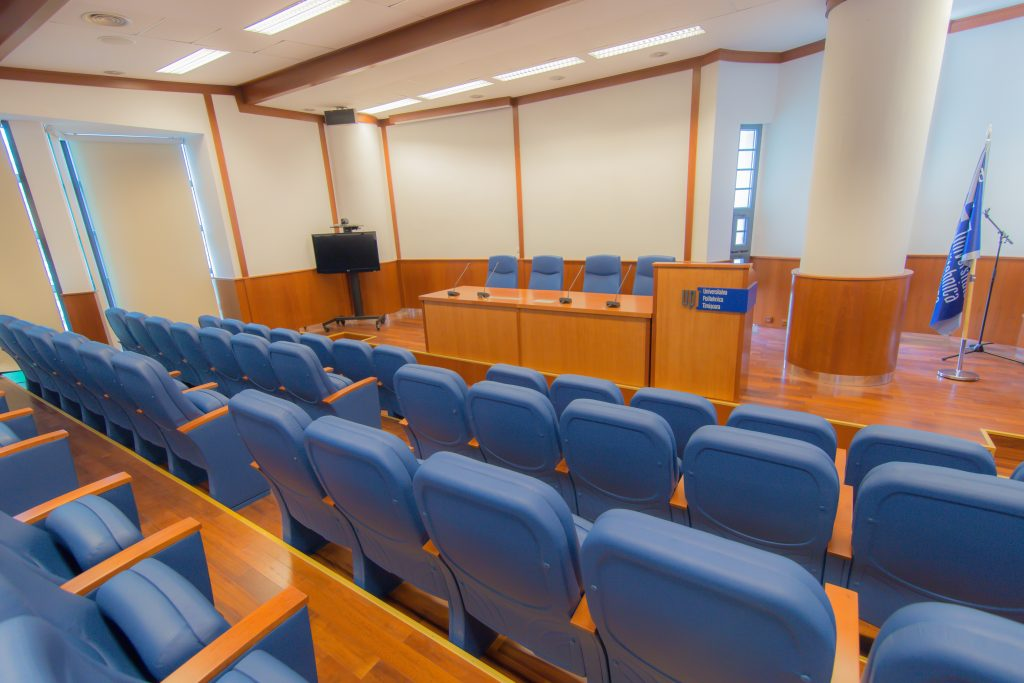
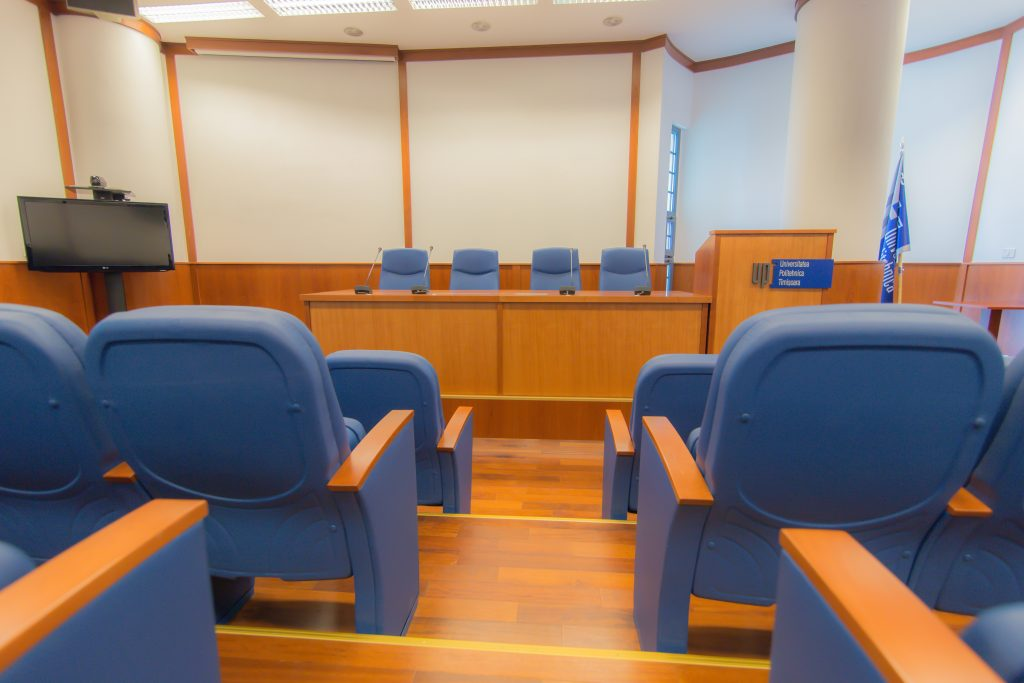
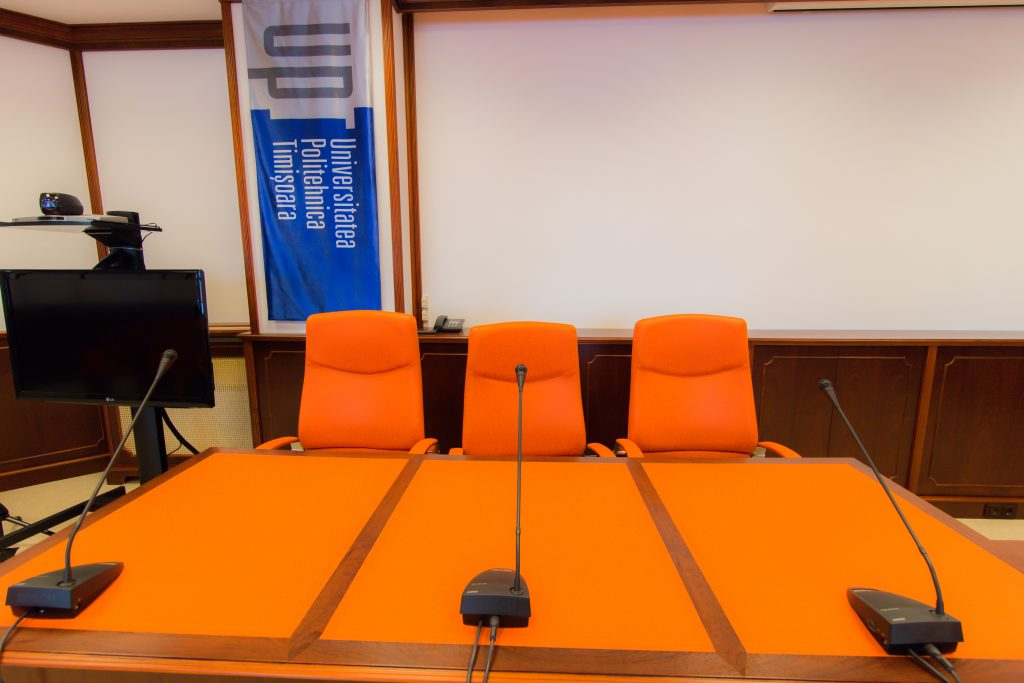
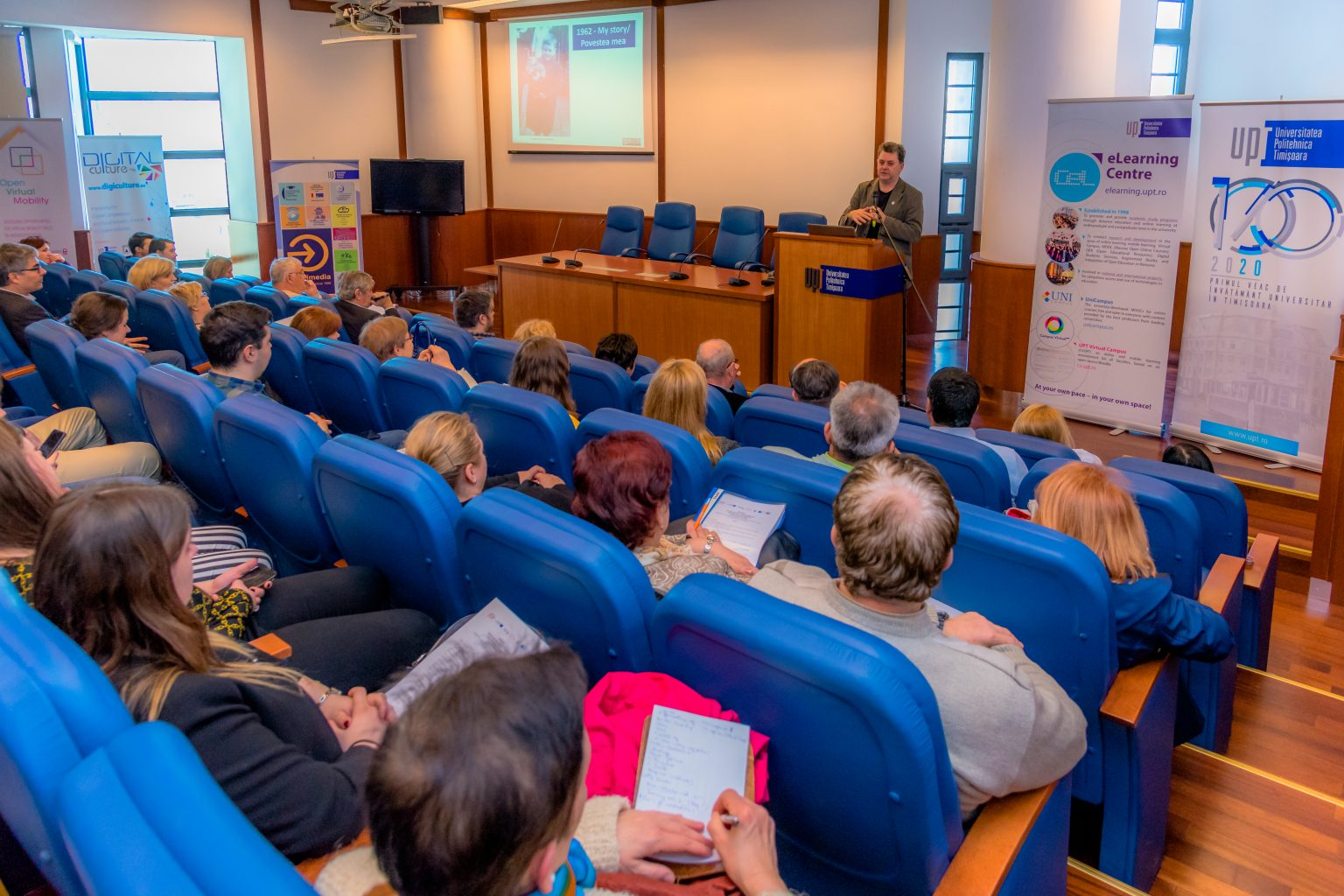
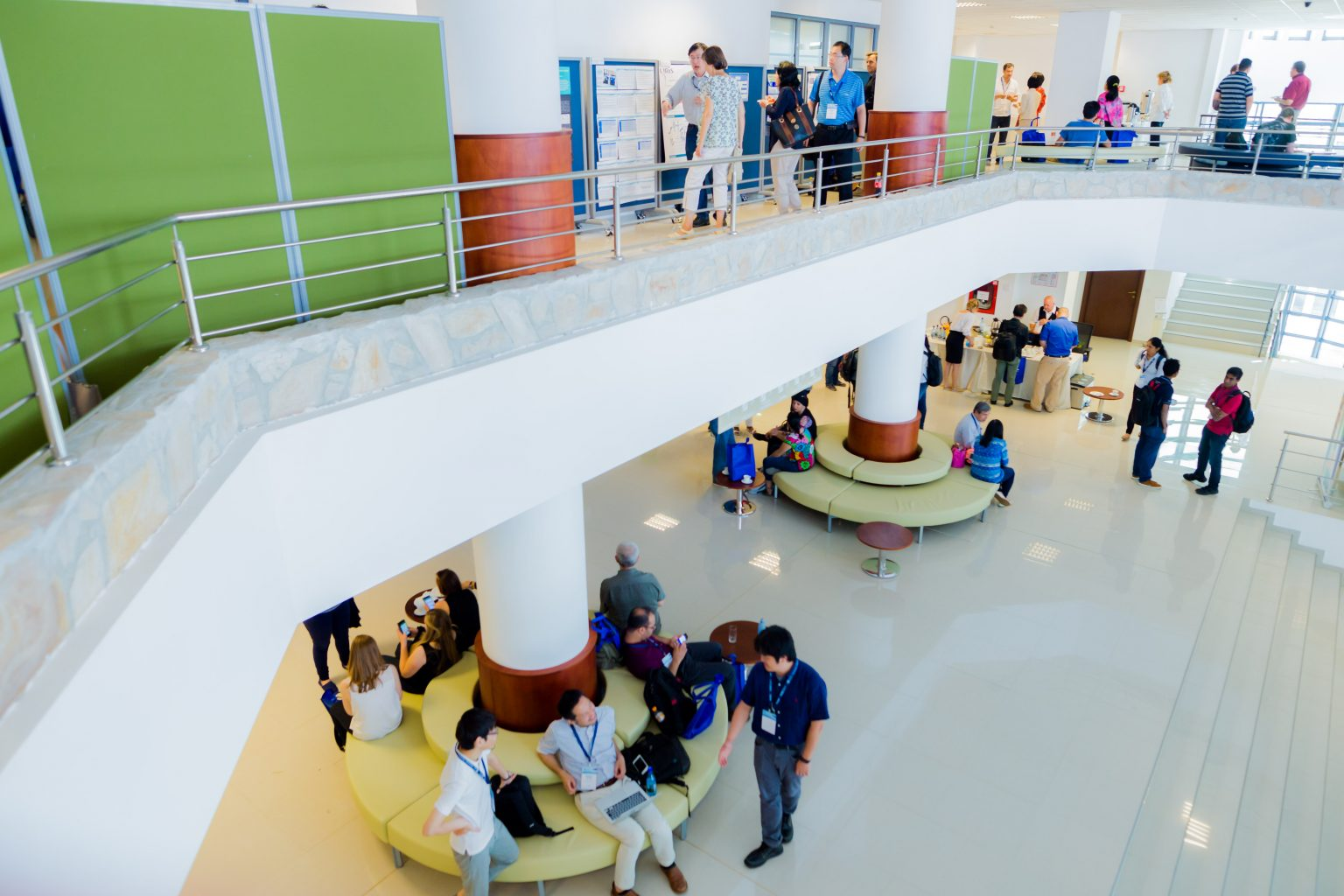
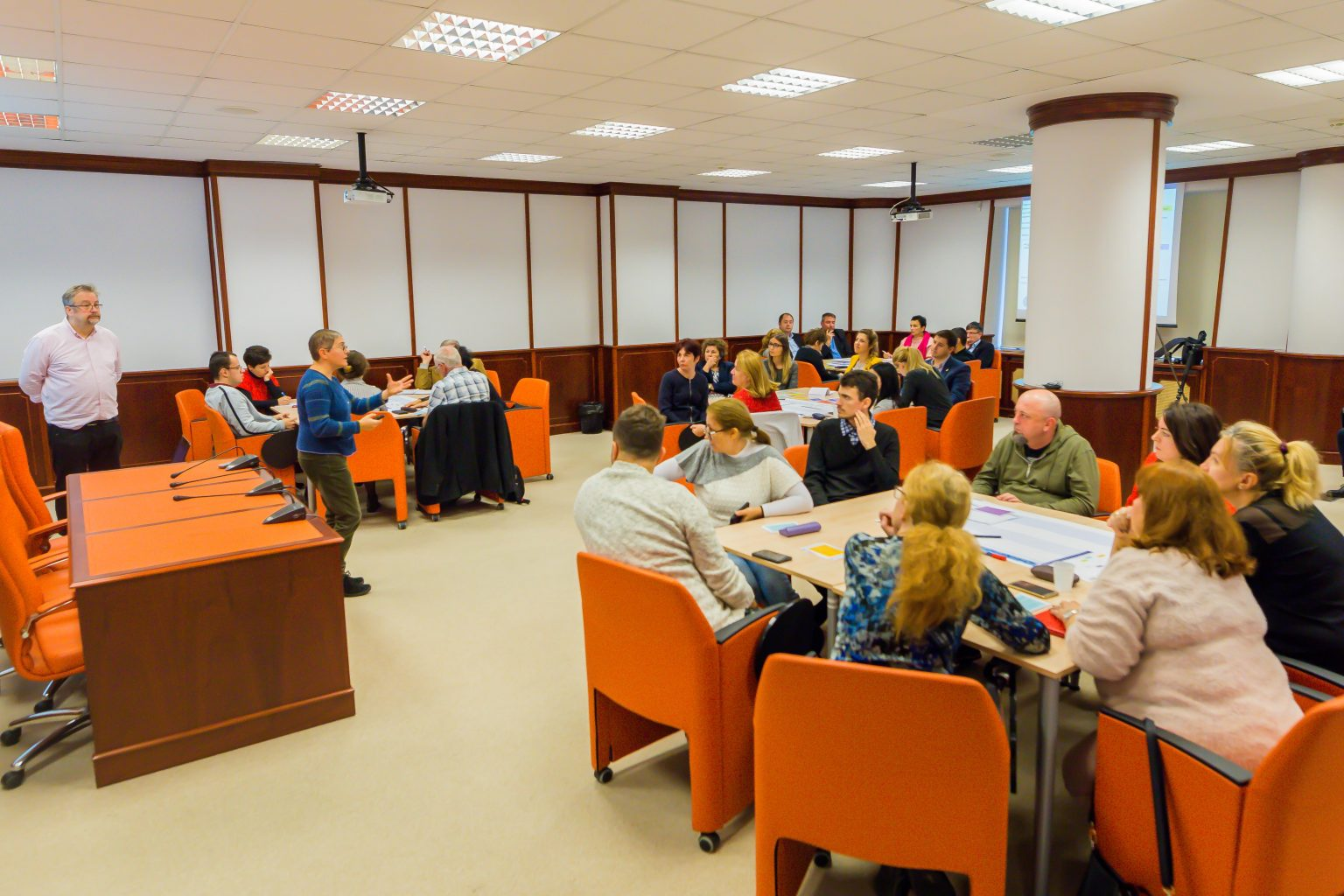
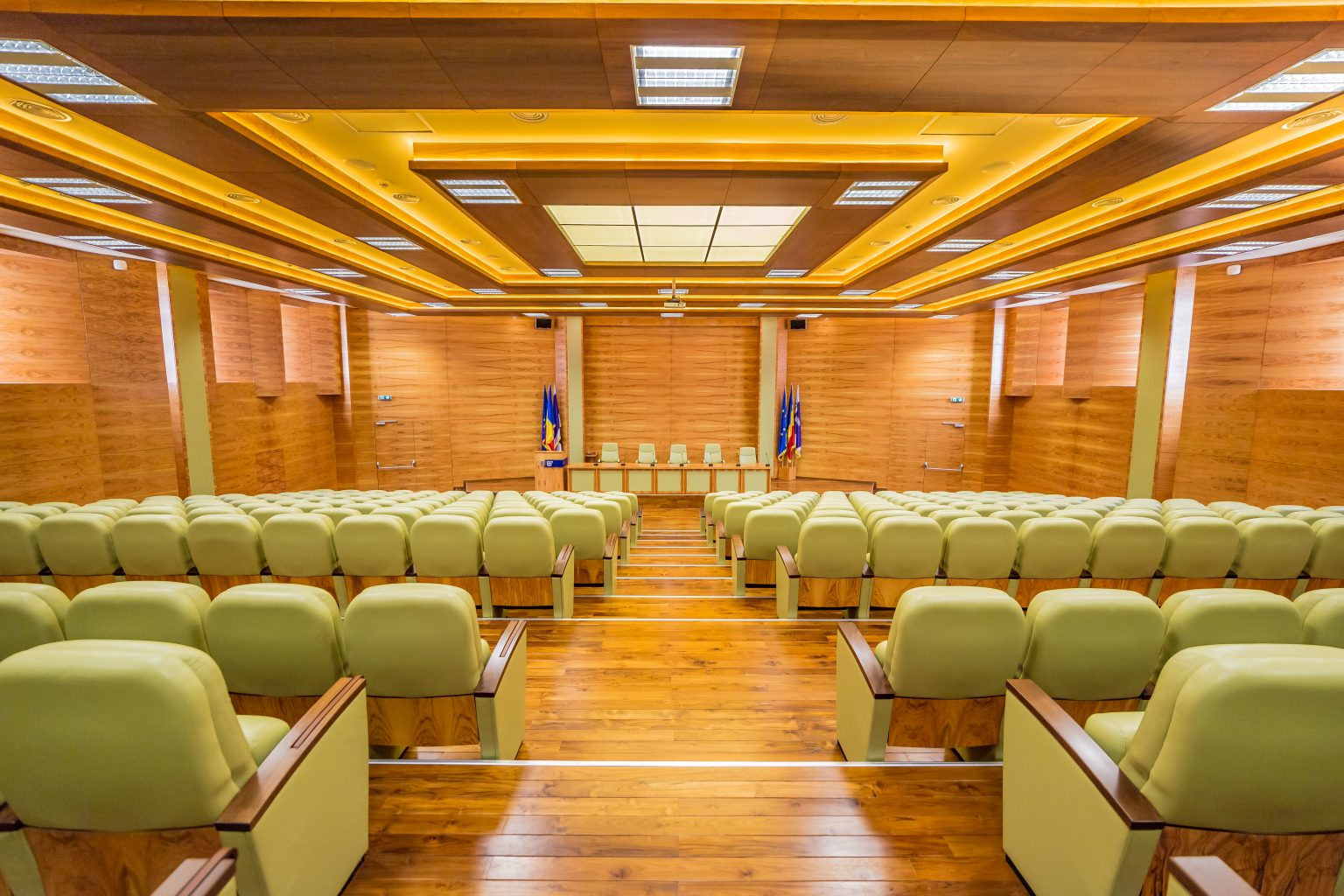
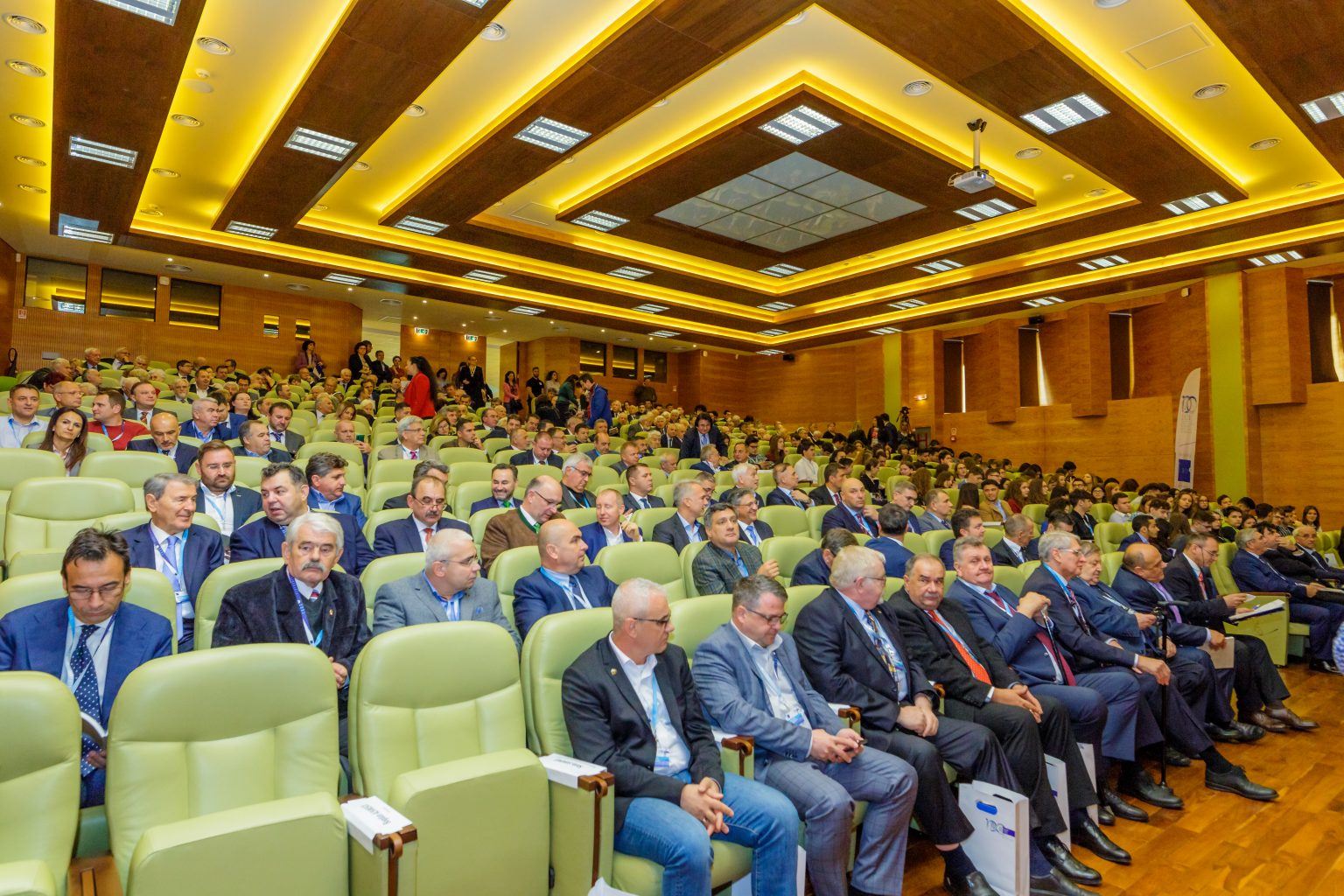
Travel
Timisoara is located in the western corner of Romania, just a few kilometres away from the border of Hungary and Serbia, with very good transport connections.
By air
There are several airlines which fly to Timisoara: Tarom, Lufthansa, Wizzair, HiSky. They all have daily flights from different destinations around Europe. For more info please have a look at: https://www.aerotim.ro/en/
The city is served by Romania’s second-largest airport, Traian Vuia International Airport (TSR), located 10 km away from the city center.
Our recommendation is to choose Lufthansa flights through Munich and Frankfurt, or Tarom flights through Bucharest. You can find good connections from these 3 cities.
There are regular flights from/to numerous major European and domestic destinations:
- Romania
- Bucharest – H.Coanda International Airport – Tarom / HiSky
- Belgium:
- Bruxelles Charleroi – Bruxelles Charleroi –Wizz Air
- France:
- Paris-Beauvais – Paris Beauvais – Wizz Air
- Germany:
- Munchen – Franz Josef Strauss – Lufthansa
- Frankfurt-Main – Frankfurt Airport – Lufthansa
- Frankfurt-Hahn – Frankfurt Hahn – Wizz Air
- Dortmund – Dortmund Airport – Wizz Air
- Memmingen – Memmingen Airport – Wizz Air
- Karlsruhe/Baden – Airport Karlsruhe/Baden – Wizz Air
- Greece
- Santorini – Wizz Air
- Italy
- Bergamo – Orio al Serio – Wizz Air
- Bologna – L. Ridolfi – Wizz Air
- Rome-Ciampino – Fiumicino – Wizz Air
- Venice – Marco Polo/Treviso – Wizz Air
- Bari – Aeroporto di Bari – Wizz Air
- Spain
- Valencia – Airport Valencia în Manises – Wizz Air
- Barcelona – Barcelona El Prat – Wizz Air
- Madrid – Barajas Airport – Wizz Air
- The United Kingdom:
- London-Lutton – London Luton Airport – Wizz Air
By train
By train using the facilities offered by CFR (Romanian Railways Company), you can have easy connections to Budapest , Vienna and Belgrade.
https://www.infofer.ro/index.php/ro/
By car
There are many ways to get to Timisoara by car, and the quality of the roads in western Romania is very good.
From Hungary
Crossing the border at Cenad/Kiszombor via Sinnicolaul Mare – DN 59A
Crossing the border at Nadlac via Arad – M5, A1 (Take exit Timișoara for DJ691 towardTimișoara/Lipova). There are good road connections to the main western Romanian cities of Oradea, Baia-Mare and Cluj
From Serbia
Crossing the border at Moravita – E 70; DN 59
From Romanian cities
Lipova (Arad) – DJ 691
Lugoj (Deva, Sibiu, Brasov, Turnu Severin, Craiova, Bucuresti…) – E 70; DN 6
Buzias (Resita…) – DJ 592
Once in Timisoara…
Public Transportation
Several bus (autobuz), tram (tramvai) and trolleybus (troilebuz) routes connect Timisoara’s main areas and tourist attractions.The public transportation system runs between 4:45am and 11:15pm. Tickets can be purchased beforehand or by phone with e-card in the bus and are valid for 60 minutes. Tickets are interchangeable for all three forms of transport with the exception of express buses.
Starting from 2016 Timisoara also has public boats water transportation via the Bega Canal.
Taxi companies
BOLT & UBER are working well.
Tudo Taxi – 945
Euro Taxi – 941
Fan Taxi – 944
Radio Taxi – 940
Pro Taxi – 942
Location
Romania
Timisoara
- European Capital of Culture in 2023
- the little Vienna
- the five star city
- the city of Revolution
- the rose city
Timisoara is situated in the western corner of Romania, where three countries (Romania, Hungary and Serbia) and several cultures, nationalities, languages and customs converge. Timisoara is the place where the 1989 Revolution started in 17 December 1989.
https://spotlight-timisoara.eu/
http://en.wikipedia.org/wiki/Timi%C5%9Foara
http://www.romaniatourism.com/timisoara.html
http://wikitravel.org/en/Timisoara
It is at the heart of the Banat region and is also part of Transylvania. Banat is famous for its beauty, wealth, agriculture and hospitable people. Nearby is the famous Recas Wineyard, with a growing worldwide recognition for the quality of its wines.
Timisoara means not only economic activity but also social and cultural life. The past and the present meet in this 700 year old, but very European city.
A medieval citadel, baroque monuments and attractive modern buildings complete a wonderful panorama. Numerous parks and the river Bega with its romantic bridges are just some of the features of this city. Cinemas, theatres, an opera house, discotheques, bars and restaurants, sport facilities and local festivals offer lots of possibilities to spend your spare time in this beautiful student town.
Nowadays Timisoara is considered the Silicon Valley of Central and East Europe due to several world-class high-tech companies which have opened development and production units in the area (Siemens, Nokia, IBM, Solectron, Kathrein, Delphi-Packard, Zoppas, Continental, Lisa Draxhelmaier, etc).
Regional attractions
Day Trips
Arad
Where: 30 miles north of Timisoara
Access: car, bus, train
www.RomaniaTourism.com/Arad.html
Lugoj – Densus – Colti
Where: 37 – 100 miles east of Timisoara
Access: car
Visit the old town centre in Lugoj with its 18th century Orthodox Church of the Assumption, one of the most representative baroque buildings in Banat.Jules Verne was inspired by the Colti fortress when he wrote his famous novel The Carpathian Castle. His other two novels whose actions take place in Romania are The Danube Pilot and The Stuborn Keraban.
Next, cross the Carpathians into Transylvania and stop by at Densus, where you can find one of the oldest Romanian churches. The strange looking stone monument was built in the 13th century, and some historians assume it is a re-shaped Roman mausoleum. Build from river rocks, bricks with Roman inscriptions and funerary stones, the Saint Nicholas Church at Densus church makes for an interesting visit.
Couple of miles east, climb up to the ruins of the Colti fortress* in Suseni. The Castle was first mentioned in the 14th century as belonging to the Cindea family. From up here enjoy a spectacular view over the rugged peaks and ridges of the nearby Retezat Mountains.
Hunedoara
Where: 105 miles east of Timisoara
Access: car, bus, train
Drive over picturesque hills with secluded villages to Hunedoara. During the 14th and 15th centuries, Hunedoara was one of the main iron extraction and processing centres in Transylvania. The swords and spears manufactured here during this period were renowned across Europe. The town is home to the mighty 15th century Corvinilor Castle (Castelul Corvinilor), one of the most important examples of gothic architecture in Central and Eastern Europe.
For more information about Corvinilor Castle please visit:
www.RomaniaTourism.com/Castles-Fortresses.html#Corvinesti
The region around Hunedoara was one of the earliest settled parts of Romania. Deep in the mountains above Orastie you will find Neolithic remains and vestiges of the Dacian citadels, including Sarmizegetusa Fortress (UNESCO World Heritage Site), seat of kings Burebista and Decebal. The former Dacian capital was conquered by the Romans in 106 AD. Today you can still admire remnants of the forum and the stone amphitheatre, where gladiator shows were held.
Near Hunedoara, you can take in the scenery of Woodlanders’ Country (Tara Padurenilor), a region where people have maintained their traditional dress and folklore.
Retezat National Park
Where: 130 miles east of Timisoara
Access: car
www.RomaniaTourism.com/The-Carpathian-Mountains.html#RetezatNationalPark
Set amid one of Romania’s most beautiful mountain ranges, Retezat National Park claims some of the highest rocky peaks (such as Retezatu and Peleagu, both more than 8,202 ft. in height) reflected in a string of over 80 clear glacial lakes. A hiker’s paradise, Retezat became Romanian’s first national park in 1935 and later, a biosphere reserve.
Herculane Spa (Baile Herculane)
Where: 100 miles southeast of Timisoara
Access: car, bus, train.
Visit one of oldest thermal spas in the world. Legend says that Hercules cured the wounds inflicted by the Hydra by bathing in the mineral springs of this area. Take time to relax in the hot spring near the well-preserved 19th century town.
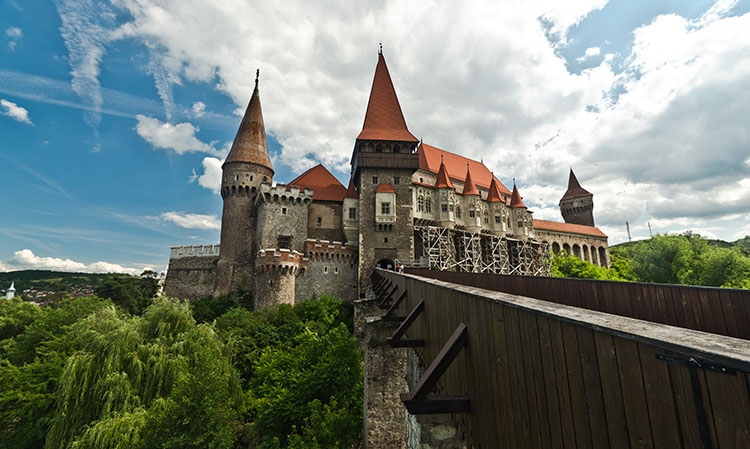
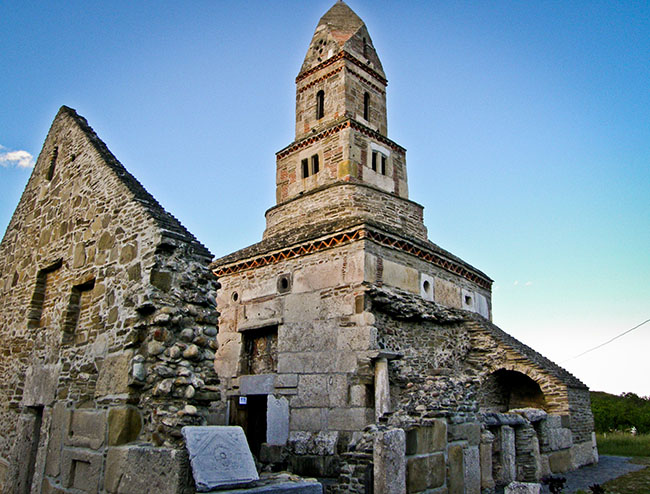
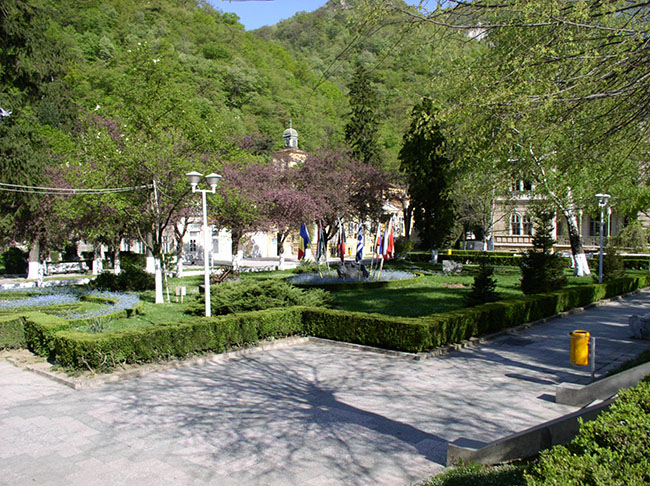
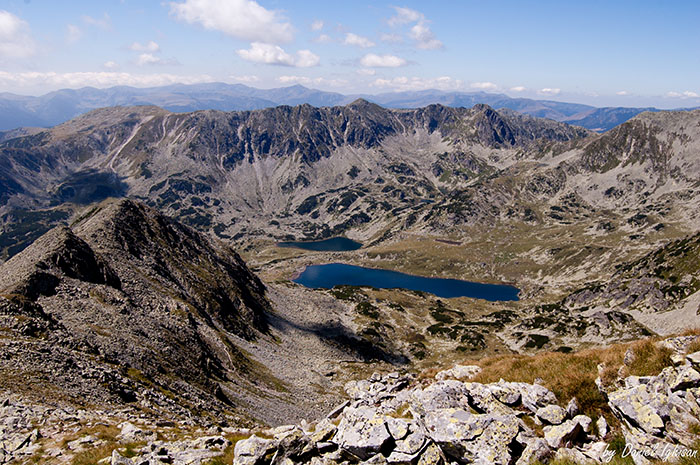
Gala Dinner Location
It is at the heart of the Banat region and is also part of Transylvania. Banat is famous for its beauty, wealth, agriculture and hospitable people. Nearby is the famous Recas Wineyard, with a growing worldwide recognition for the quality of its wines.
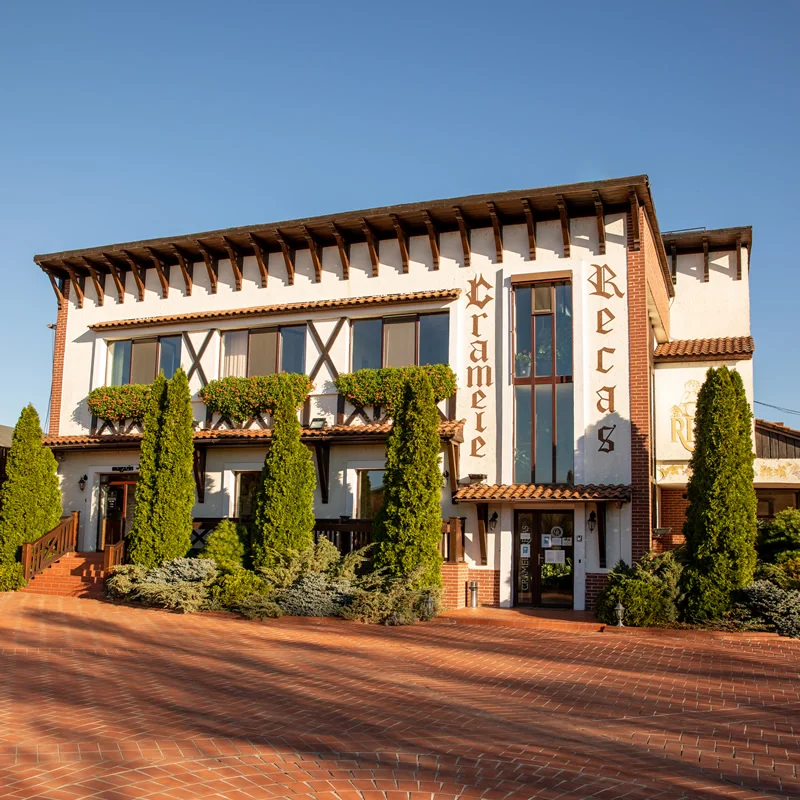
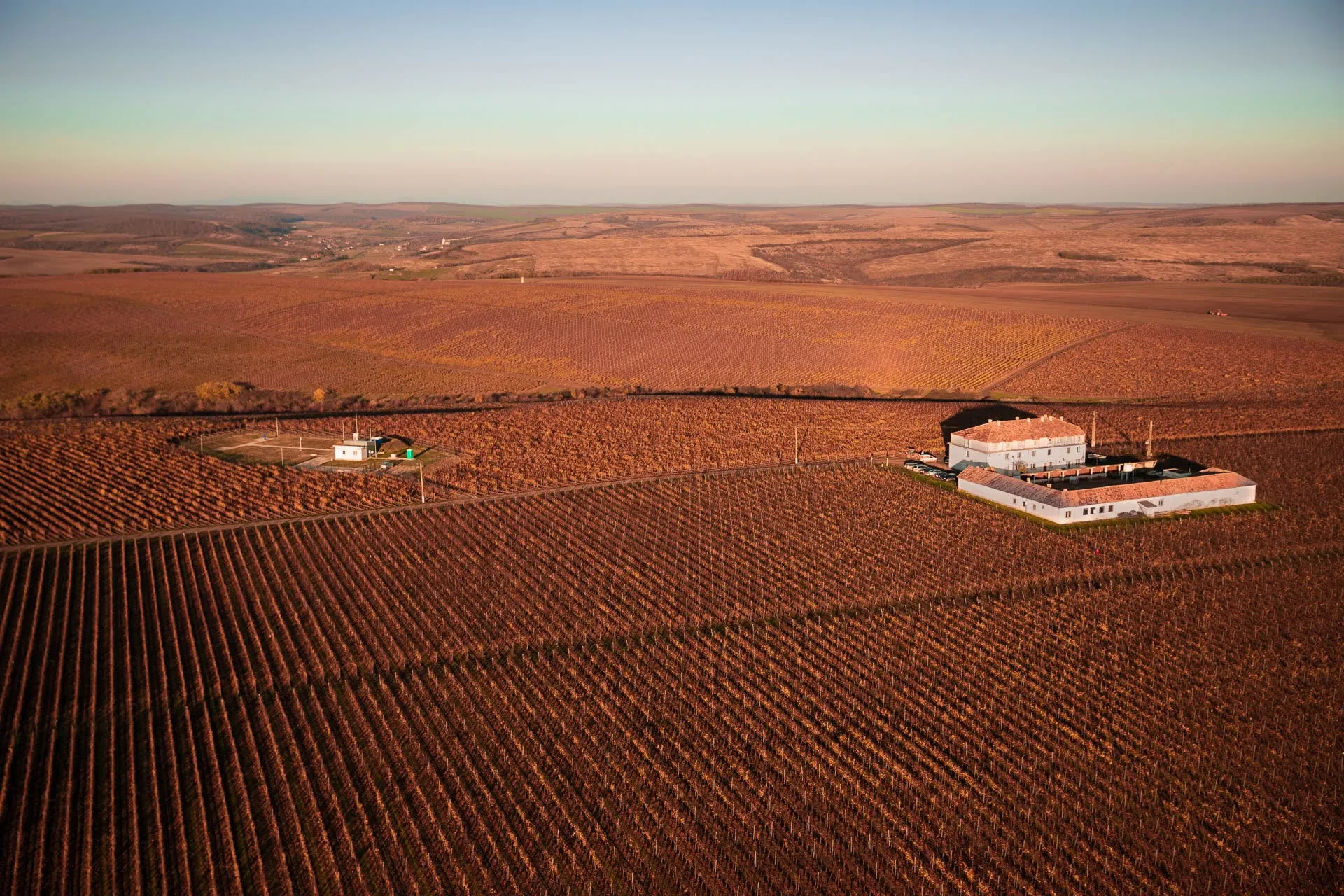
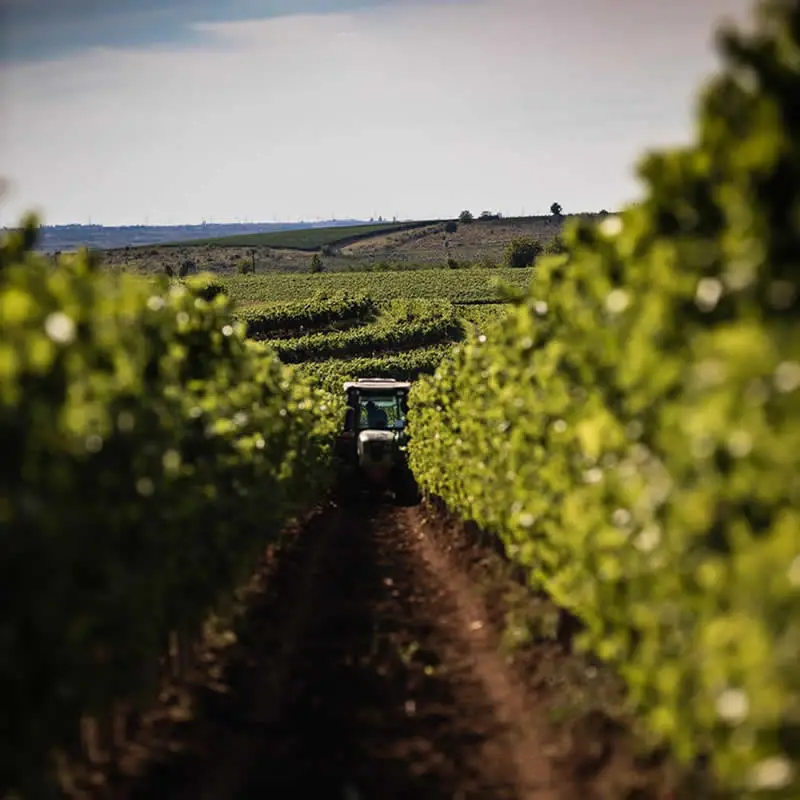
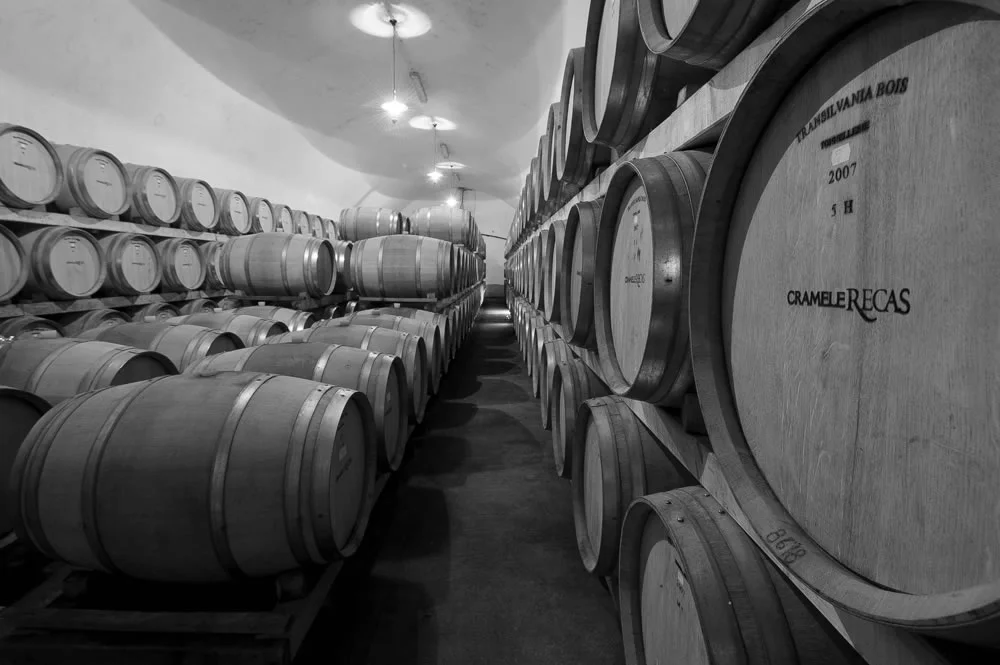
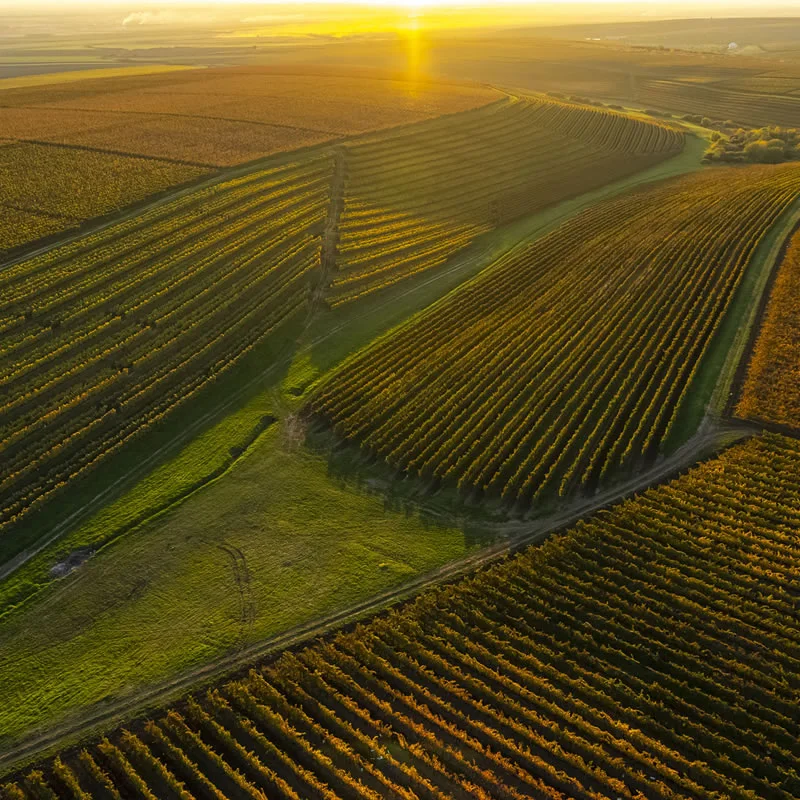
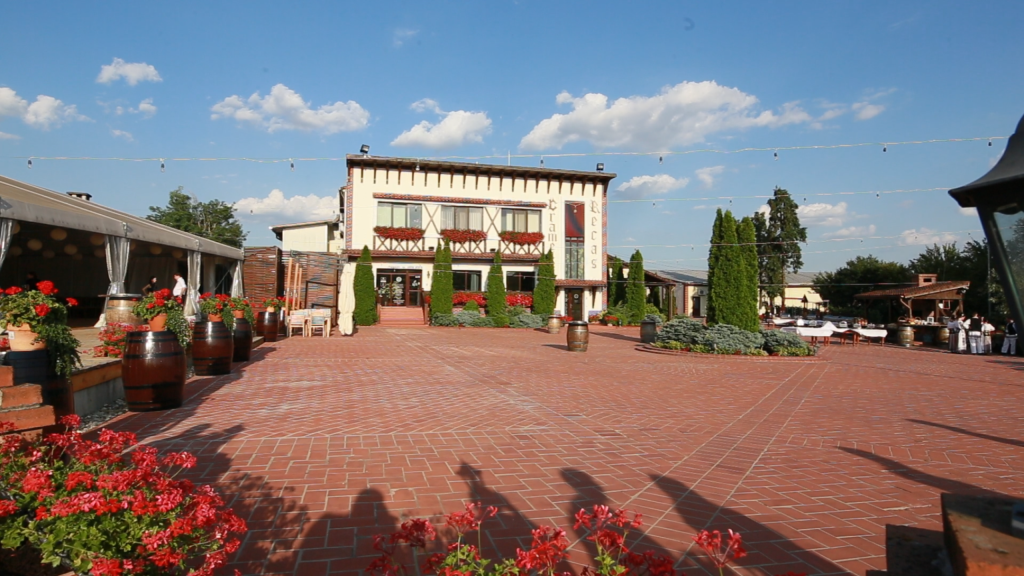
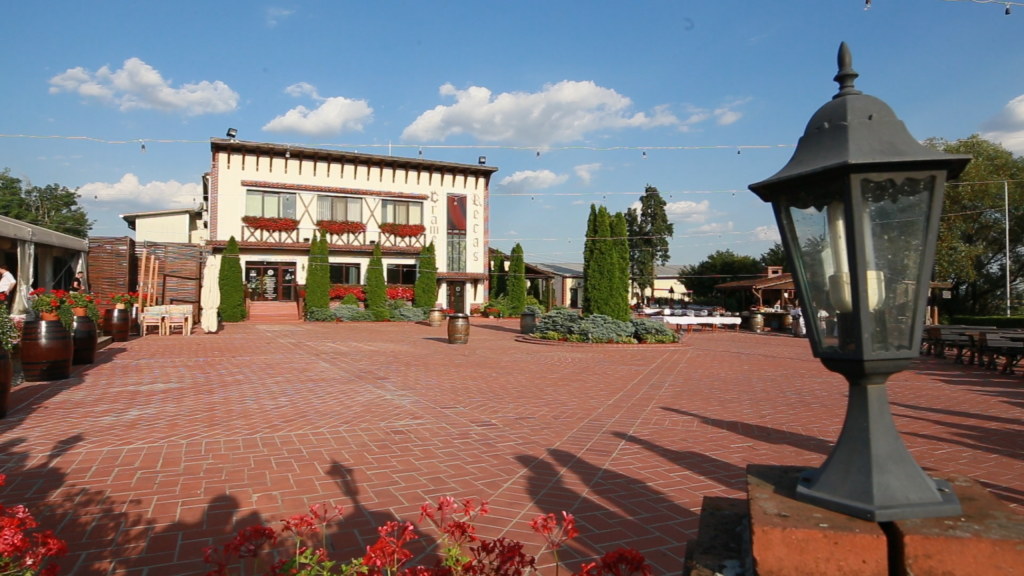
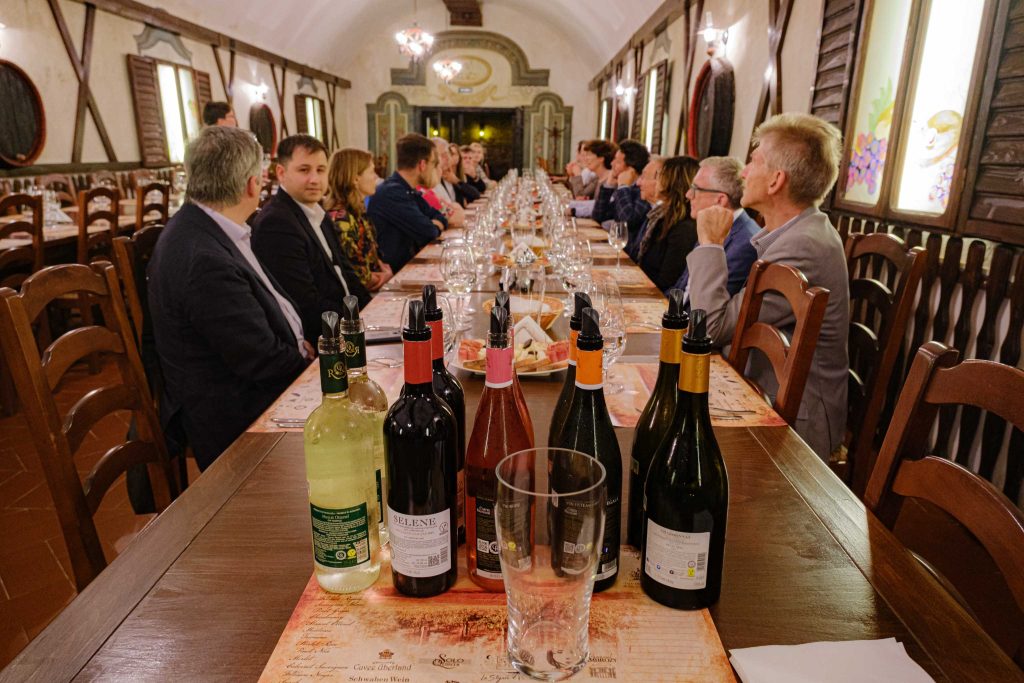
EDEN 2024 PhD Schools’ Masterclass
Timisoara, Wednesday, October 16, 2024
Theme: Digital Education
The aim of the event is to facilitate research collaboration of PhD schools in Education in Europe through international research exchange and peer learning, addressing research questions and research perspectives through multiple problem fields and a variety of challenges encountered on different levels of education today.
Who is invited?
- PhD Schools in Education, implementing research in digital education, learning, teaching and assessment (or plan to start research in the theme) and have research themes of digital pedagogy and didactics defined in phd school research strategies, dissertations and publications.
- PhD students, their supervisors,
- PhD Committee members,
- Researchers from national and international networks and institutions.
What can be expected during the event?
The Master Speakers will address the topic of digital pedagogy through several technological developments (e.g.,AI, EdTech, etc.):
- Introducing the didactical problem of technology application in learning and teaching (from the perspective of research in Education) andorganizingresearch discussions and investigations into the field and questioning one or another technological challenge for education;
- Group work (in the form of discussion and peer learning) around research questions in the field (groups consisting of supervisors, students and experts attending the event) to investigate how research questions could be unpacked in Education research and the scope of the research in the field;
- Group work presentations;
- Panel of Masterclass speakers and senior researchers in the field;
- Collaboration and networking;
- Access to EDEN Research Workshop in Timisoara, October 17-18.
Agenda PhD Schools’ Masterclass – Wednesday 16 October, 2024
9:00 – 10:00 Registration
More information will be available soon.
10:00 – 10:10 Welcome to Masterclass by Josep M. Duart, EDEN DLE Management Board Member
10:10 – 11:15 Introduction to the Problem Field and Challenging Questions, presented by EDEN DLE Experts
Prof. Antonella Poce, University of Rome Tor Vergata
Prof. Airina Volungevičiené, Vytautas Magnus University, Lithuania
Prof. Albert Sangra, Universitat Oberta de Catalunya, Spain
11:15 – 12:30 World Café Table Discussions, led by EDEN DLE Experts
PhD supervisors, PhD students and experts collaboratively address selected problem fields and the research questions for the research in education.
12:30 – 13:30 Lunch
More information will be available soon.
13:30 – 14:30 Summary Presentations from the World Café Tables, followed by Interactive Reflection Exercises
More information will be available soon.
14:30 – 15:30 Open Discussion, moderated by Denise Whitelock (Open University, UK), EDEN DLE Vice-President Research
Collaboration of PhD Schools in researching the impact of application of technologies in learning, teaching and assessment. Which EDEN activities can take it further?
